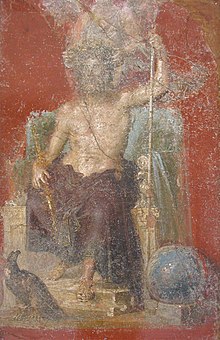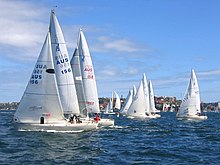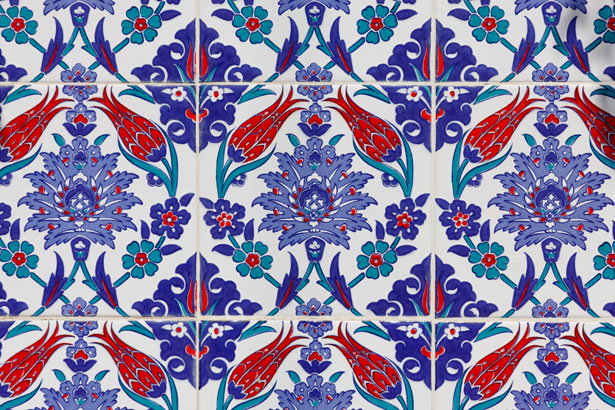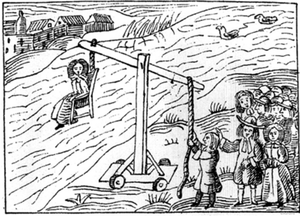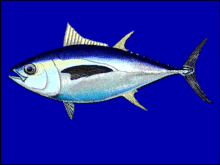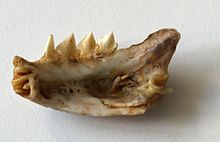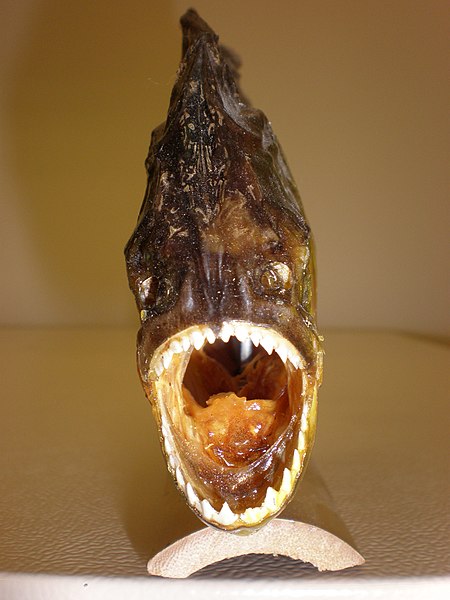This painting is from Pompeii
or the planet:

In my experience the planet shows up a lot more often than the god.
Mind you, the planet is big: two and a half times more massive than all the other planets in the solar system put together, so that does make it difficult to overlook.
Still, if it so happens that you can't find the planet Jupiter then the planets Saturn and Neptune count as Jovian planets, too: a fact which would annoy the gods Saturn (Jupiter's dad) and Neptune (Jupiter's brother) very much indeed if they...er...well, existed.
Down here on planet Earth, anything that reminds people of the god is Jovian, too. He was the god of thunder; so a cow with wind, for instance, might be said to emit a Jovian rumble.
His symbol was an eagle, so a glider might be launched into Jovian flight.
Lastly, Jupiter was famous for loving and leaving ladies, even though he was married to an increasingly angry and vengeful wife. He attacked his dad, too.
I hope you don't know anyone like that.
Which all makes me wonder: given that Jupiter was hardly famous for spreading goodness and light, I wonder why jovial means joyfully contented?
Spot the Frippet: something Jovian. Thus word comes from the Latin Jovis, Jupiter. Jovial comes from joviā
